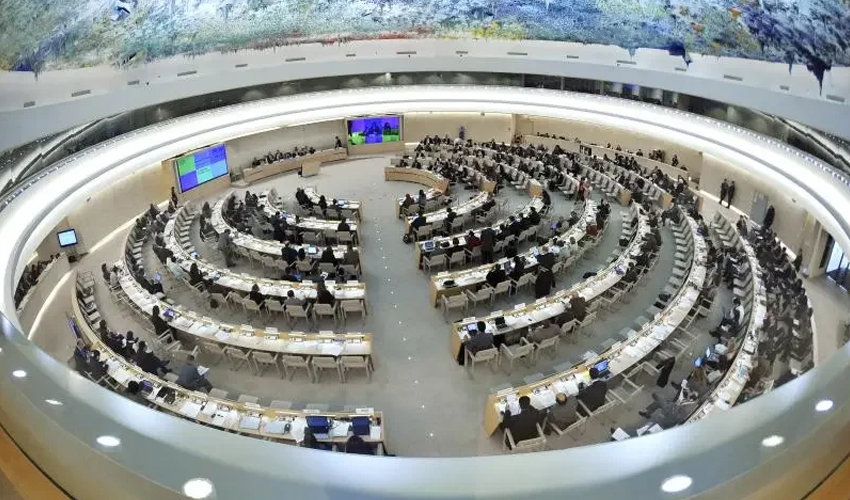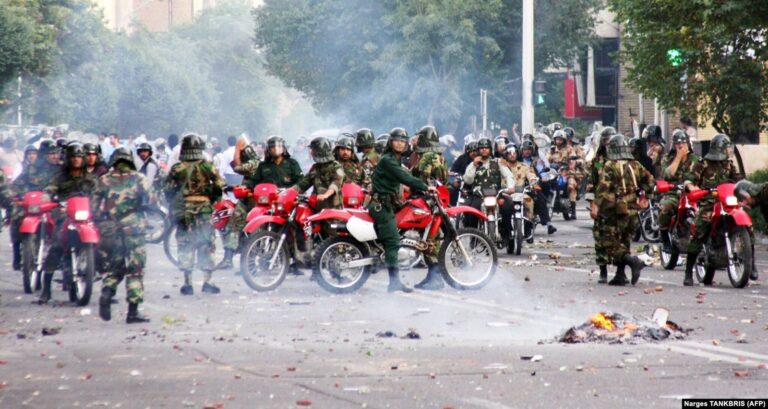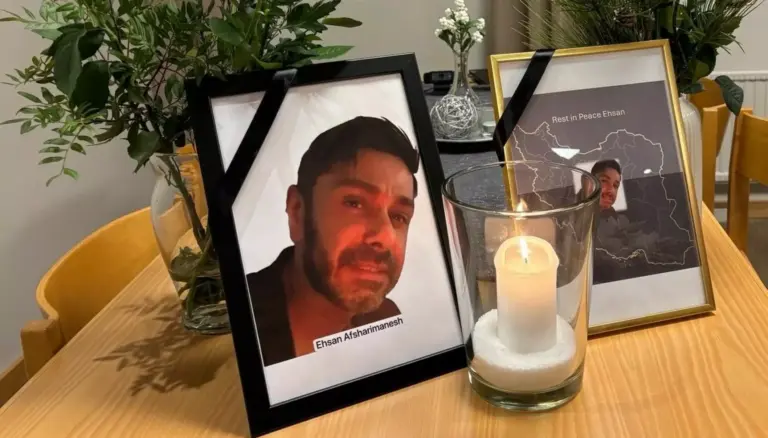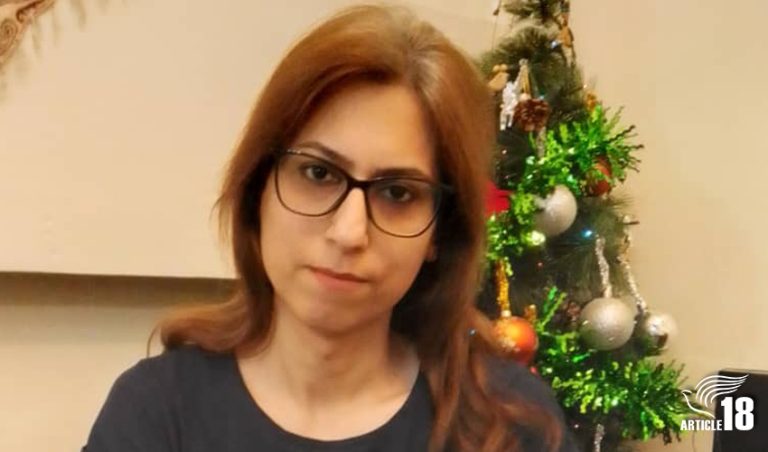
A new report from the United Nations’ Fact-Finding Mission says ethnic and religious minorities were singled out in the Iran regime’s crackdown on the “Woman, Life, Freedom” movement.
The advocacy paper, ‘”They have dehumanised us”: Minority rights violations during the “Woman, Life, Freedom” movement in the Islamic Republic of Iran’, published yesterday, says minority groups were “disproportionally” impacted.
Having interviewed numerous victims, the Mission found “the crime against humanity of persecution on gender grounds intersected with persecution on ethnic and religious ground”.
In a statement accompanying the report, the Mission stated that “ethnic and religious minorities in Iran, in particular Kurd and Baluch minorities”, were targets of a “disproportionate” crackdown.
The “Woman, Life, Freedom” protests were triggered by the unlawful death in custody in September 2022 of Jina Mahsa Amini, a 22-year-old Iranian-Kurdish woman, after her arrest by the so-called “morality police” for alleged non-compliance with Iran’s mandatory hijab laws.
The paper documents a range of gross human-rights violations committed by security forces in Iran against members of minorities, including unlawful deaths, extrajudicial executions, unnecessary use of lethal force, arbitrary arrests, torture, rape, enforced disappearances, and gender persecution – many of which “amount to crimes against humanity”.
According to the Mission, this situation is the “direct result of long-standing discrimination” that “must end immediately”.
Arbitrary arrests and detention for participation in protests
The Mission states that security forces engaged in mass arbitrary arrests and detention of members of ethnic and religious minorities who joined the protests or merely expressed solidarity with the movement, and subjected those in detention to inhuman conditions, torture, ill-treatment, rape and other forms of sexual and gender-based violence.
Article18, in its 2023 Joint Annual Report on Rights Violation Against Christians in Iran, highlighted how the repression of Christians, especially converts, intensified during the protests, while many Christians who participated were threatened, and at least five converts who were arrested faced the additional charge of “apostasy” after their Christian faith came to light through examination of their phone records.
Transgenerational impact on children
In the crackdown, “children belonging to ethnic and religious minorities suffered particularly egregious violations,” the Mission says, “including killings and maiming, arrests, enforced disappearances, detention, as well as torture and rape and other forms of sexual violence, resulting in lasting harm.”
The Mission also highlights many cases of this structural discrimination and government repression impacting children from ethnic, religious and religious minorities – among them expelled Baha’i students, and a Christian couple denied the right to adopt a child because of their religious beliefs.
In September 2020, Article18 reported that an Iranian court in Bushehr issued a ruling to revoke the adoption of a child from Christian converts Maryam Falahi and Sam Khosravi due to their membership of a house-church. The ruling was handed down despite the judge’s initial verdict acknowledging that the child felt an “intense emotional attachment” to her adoptive parents and saying there was “zero chance” another adoptive family would be found for her, given the girl’s health problems. The judge also acknowledged that the girl faced an “uncertain future” and may spend “the rest of her life” in state care. More than 120 lawyers and activists wrote an open letter to Ebrahim Raisi, Iran’s head of the judiciary at the time, asking him to overturn the court’s decision, which they said went against both national and international law.But to no avail.
The UN Mission concludes that “the impact on children is transgenerational – the multifaceted harms of which may be expected for decades to come.”
Doubly victimised women
Women and girls belonging to minorities are “doubly victimised”, according to the report, “in a state system that fundamentally discriminates against them on the grounds of gender, ethnicity and religion.”
Women belonging to ethnic and religious minorities “may additionally be restricted in expressing their culture and their religion”, according to the paper, “as they are compounded by pre-existing discrimination and violence against them both as women, as well as by virtue of their status as ethnic and religious minorities.”
The Fact-Finding Mission calls the mandatory hijab laws a “violation of women’s and girls’ fundamental human rights” and highlights “the violent enforcement of these policies and the mandatory nature and the punishment including regular violence associated with non-compliance of the hijab in Iran.”
Javaid Rehman, the former UN Special Rapporteur on the situation of human rights in Iran, expressed grave concern over newly proposed hijab legislation, saying it could amount to “gender apartheid”. He criticised mandatory hijab in a virtual meeting in September 2022 and asked: “Why is hijab imposed even on women belonging to religious minorities?”
Entrenched impunity
The paper says that, “in a context of systematic discrimination and impunity in Iran, justice, in all its forms, cannot be delivered domestically to victims of gross human rights violations and crimes under international law, including crimes against humanity”.
The Mission has therefore evoked the principle of universal jurisdiction, calling for “transformative measures of reparations and accountability” including “in third States and at international level” in order to secure the rights of victims, in particular, those of women and children belonging to minorities.
Earlier this year, Article18 joined more than 40 other international and Iranian human rights organisations in signing a joint letter asking the United Nations Human Rights Council to extend the mandates of both the UN Special Rapporteur on the situation of human rights in Iran, as well as the Fact-Finding Mission on Iran.



0 Comments